Search
People also search for:
How Brand Awareness Is Increased Through Online Reputation Management
How Brand Awareness Is Increased Through Online Reputation Management
- Home
- How Brand Awareness Is Increased Through Online Reputation Management
How Brand Awareness Is Increased Through Online Reputation Management
ORM: The Silent Power Behind Strong Brands
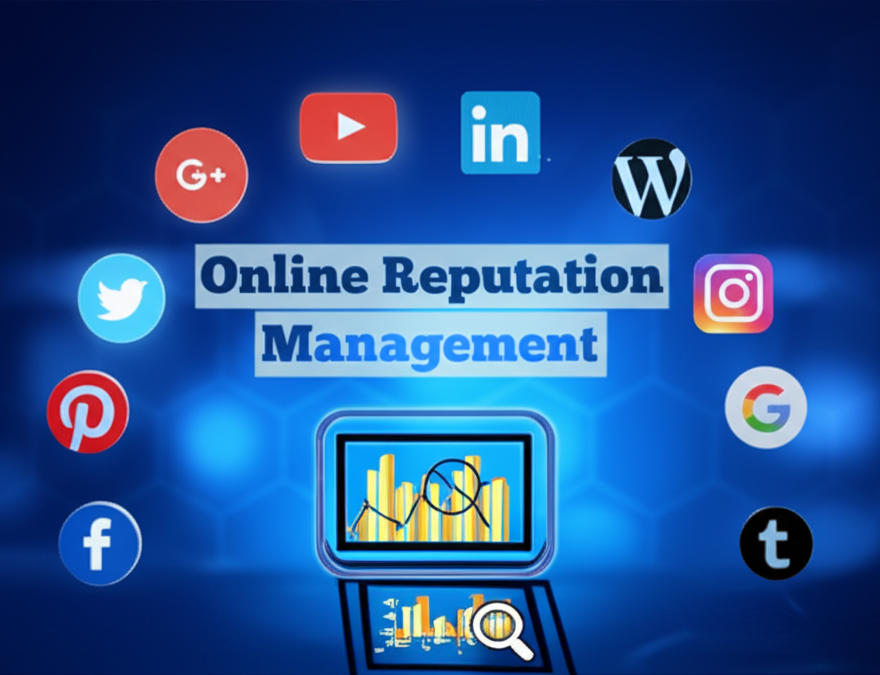
In today’s Hyper-Digital Age, your Brand’s reputation can make or break your business. From Google reviews to Tweets, every Digital Impression of your Brand contributes to its overall perception.
This is where Online Reputation Management (ORM) comes into play. While most companies focus on sales strategies, the savvy ones understand that Brand Awareness begins with trust and trust is deeply rooted in reputation.
We will explore the impact of ORM on Brand Awareness, the techniques used in ORM, tools to help manage your reputation, real-life examples, and actionable strategies for 2025.
1. What Is Online Reputation Management (ORM)?
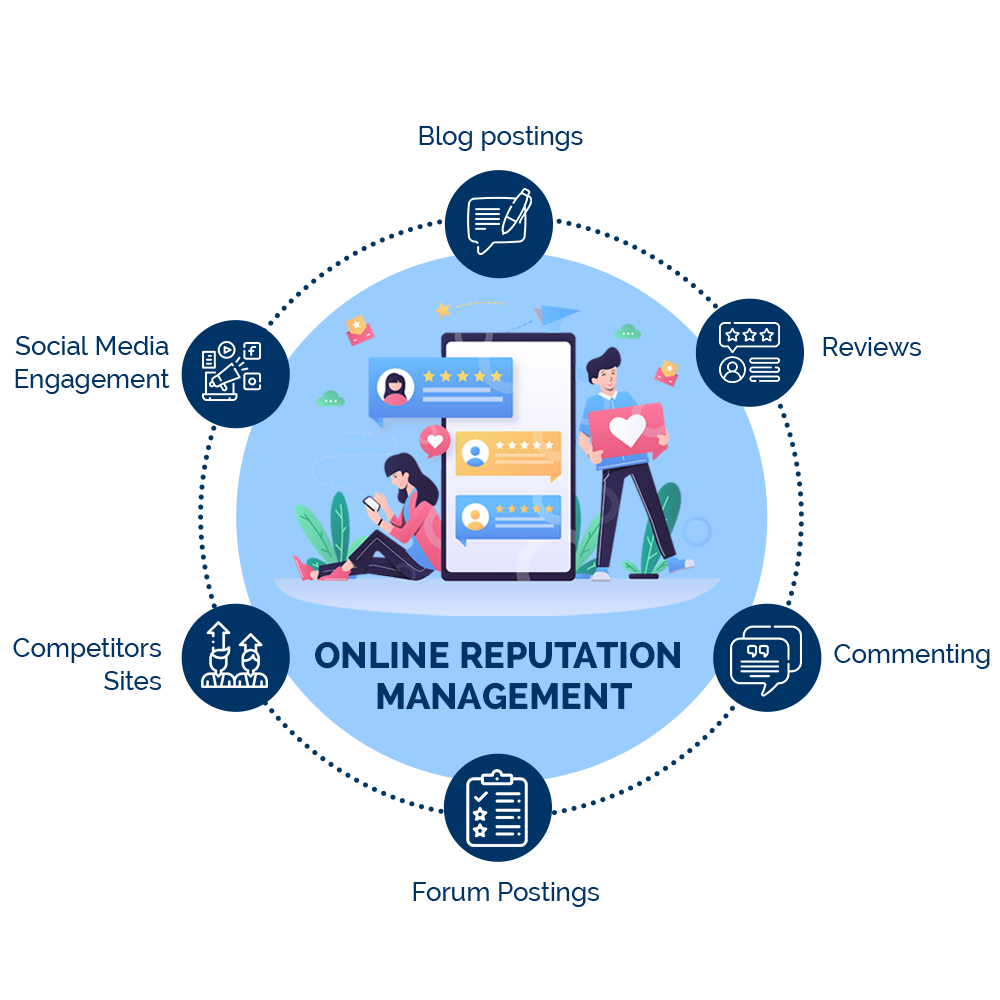
ORM is the practice of monitoring, influencing, and improving how your brand is perceived online. It involves:
- Tracking brand mentions across platforms
- Managing and responding to reviews
- Handling public relations crises
- Promoting positive content
- Suppressing negative or outdated information
2. The Link Between ORM and Brand Awareness
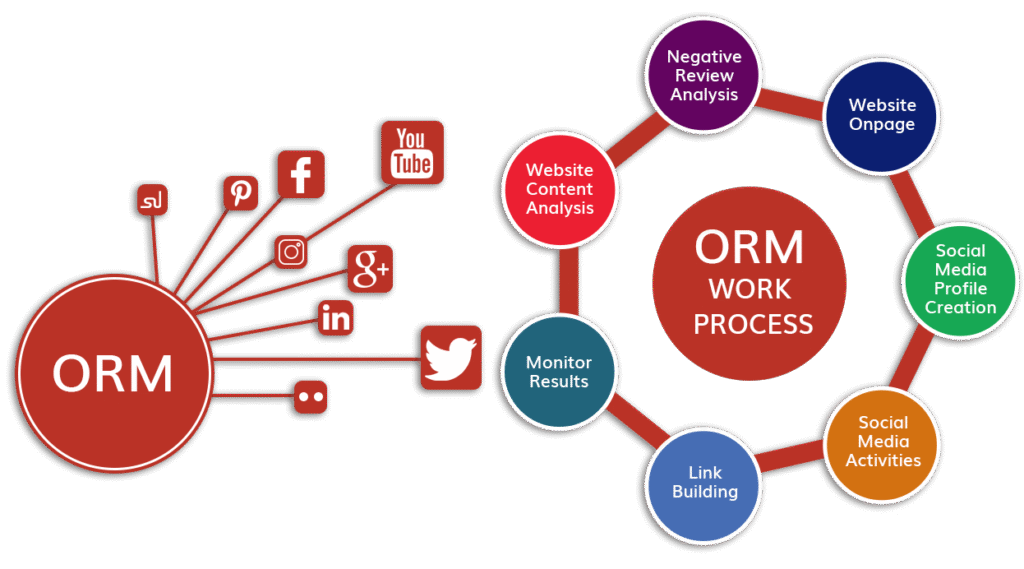
Brand awareness refers to the level of familiarity your target audience has with your brand. ORM amplifies this by:
1. Building trust through transparent and authentic communication
2. Creating more opportunities for visibility via positive content
3. Ensuring consistent brand representation across platforms
- Trust Leads to Recognition: People remember brands they trust. A consistent stream of positive reviews and prompt responses to negative ones fosters reliability.
- Reputation Boosts Recall: When your business is associated with helpfulness, responsiveness, and quality service, your name naturally sticks.
- Virality of Positivity: Well-managed reputations can lead to organic shares, mentions, and word-of-mouth—one of the strongest drivers of awareness.
3. Core Components of Effective ORM Strategy
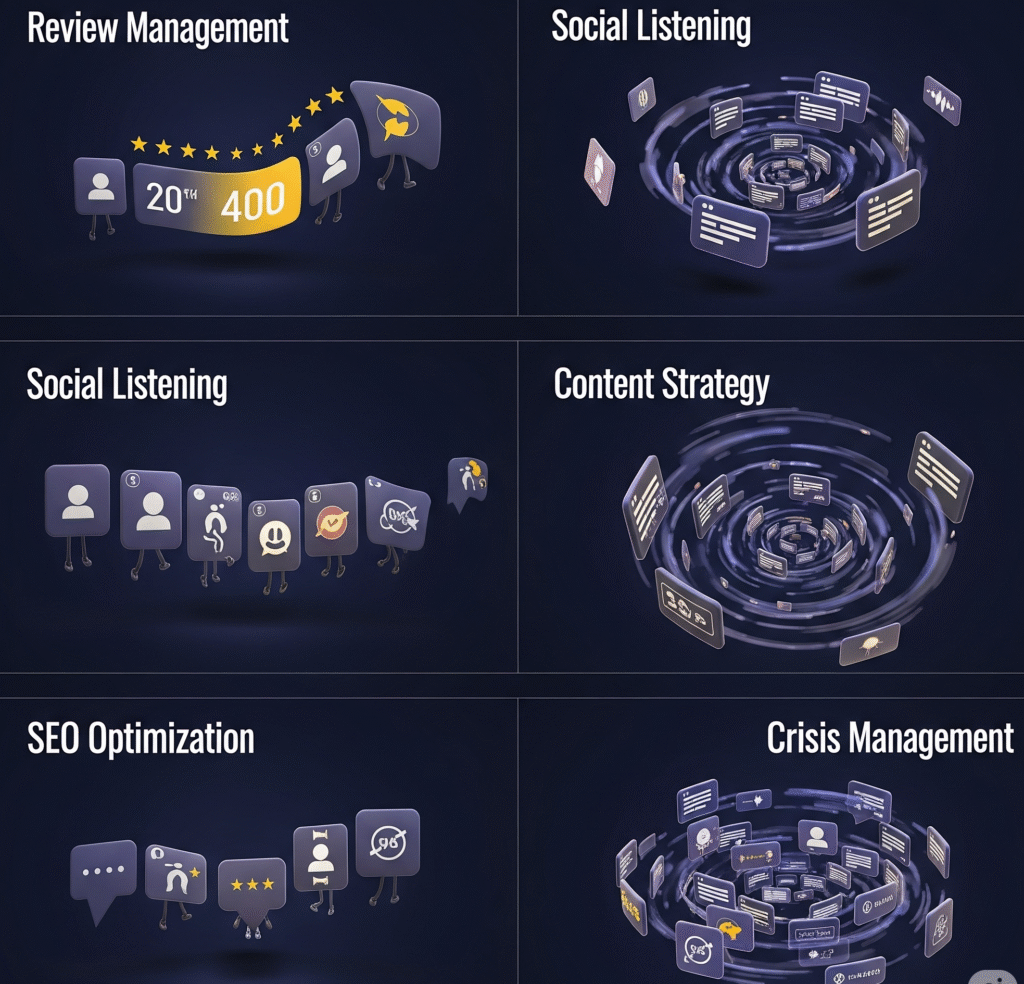
Review Management:
Actively encourage and respond to reviews on Google, Facebook, Yelp, TripAdvisor, and industry-specific platforms. Always respond positively or negatively with professionalism.
Social Listening:
Utilise tools to track brand mentions across social media and online forums. This helps understand public sentiment and intervene when needed.
Content Strategy:
Publishing regular, high-quality content such as blogs, press releases, and thought leadership articles can overshadow negative content.
SEO Optimization:
Optimize your website and positive third-party content to outrank negative links on search engines.
Crisis Management:
Be prepared with a PR crisis plan. Timely and transparent responses are essential to maintain credibility.
4. Tools That Help Amplify ORM and Brand Awareness
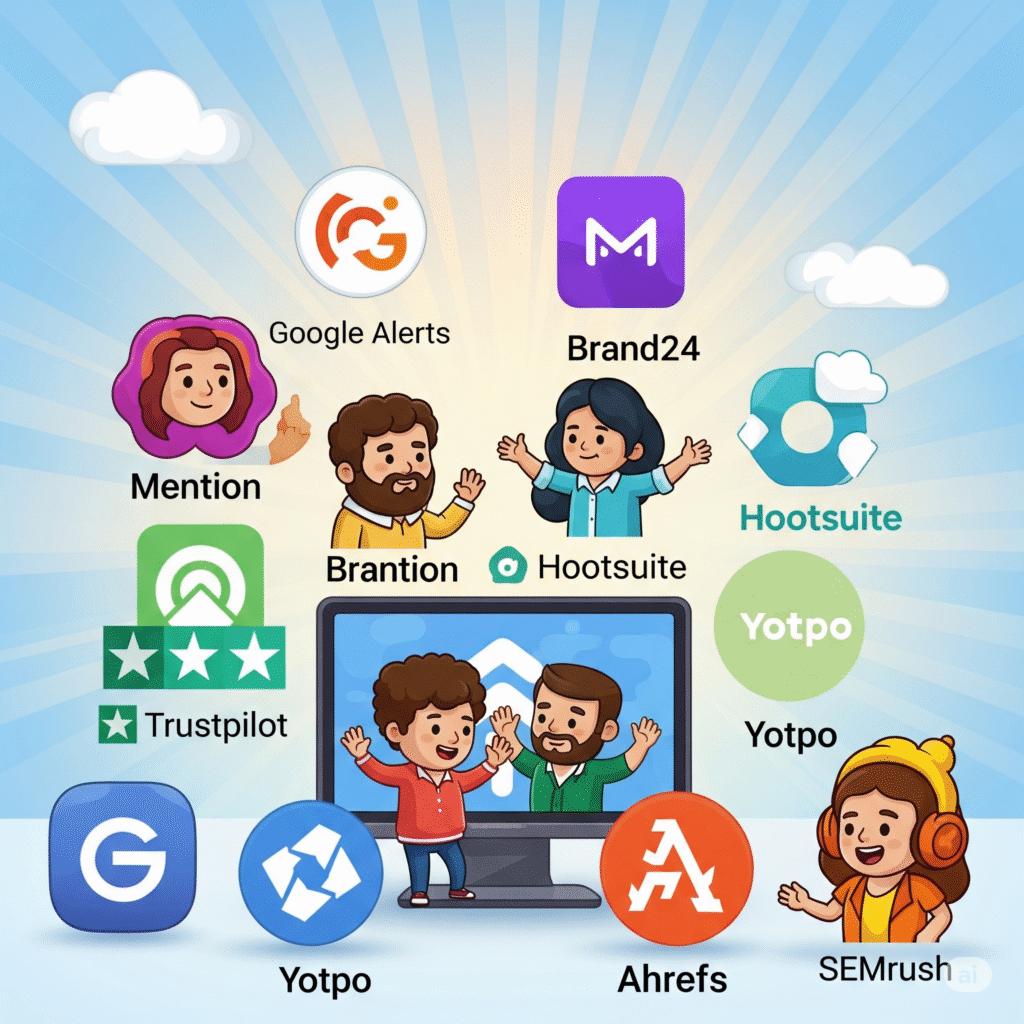
Google Alerts: Track your brand’s mentions on the web.
Mention: Real-time social media and web monitoring tool.
Brand24: Insightful sentiment analysis and influencer tracking.
Hootsuite: Manage your reputation across multiple social platforms.
Trustpilot & Yotpo: Collect and manage customer reviews efficiently.
Ahrefs/SEMrush: Monitor SEO performance and manage content visibility.
5. Best ORM Practices to Boost Brand Awareness in 2025
Be Transparent:
Own up to mistakes. Honesty breeds credibility.
Be Proactive, Not Reactive:
Build positive content and relationships before a crisis hits.
Respond Promptly and Politely:
Fast and respectful replies show customers that you care.
Encourage UGC (User-Generated Content):
Ask happy customers to share experiences. This builds authenticity.
Optimize for Search Engines:
Ensure positive news, blogs, and reviews rank high on SERPs.
Partner with Influencers:
Influencer endorsements can create positive buzz and trust.
Regularly Audit Your Online Presence:
Keep tabs on what’s being said about you and where. Outdated or false content should be addressed swiftly.
6. Role of Social Media in ORM & Brand Awareness
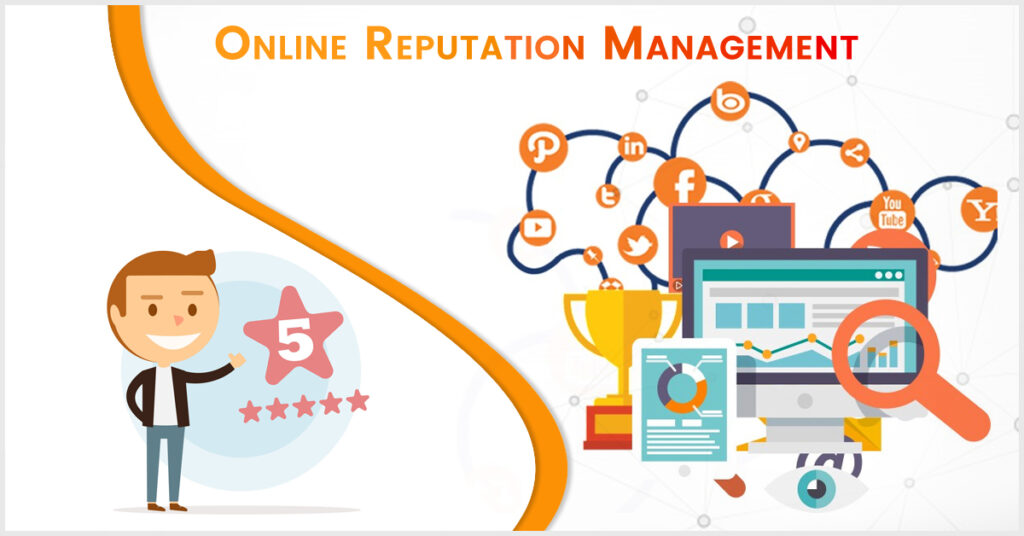
Social Media is both a blessing and a battlefield. One negative comment can go viral but so can a positive one.
Monitor Social Mentions:
Use sentiment analysis tools to understand what your audience feels.
Engage With Your Audience:
Reply to comments, like user posts, and join relevant conversations.
Consistent Branding:
Ensure visual and messaging consistency across platforms.
Handle Negative Comments Gracefully:
Never delete unless it’s offensive or spam. Acknowledge, apologize, and resolve issues.
7. How ORM Helps Build Long-Term Brand Equity
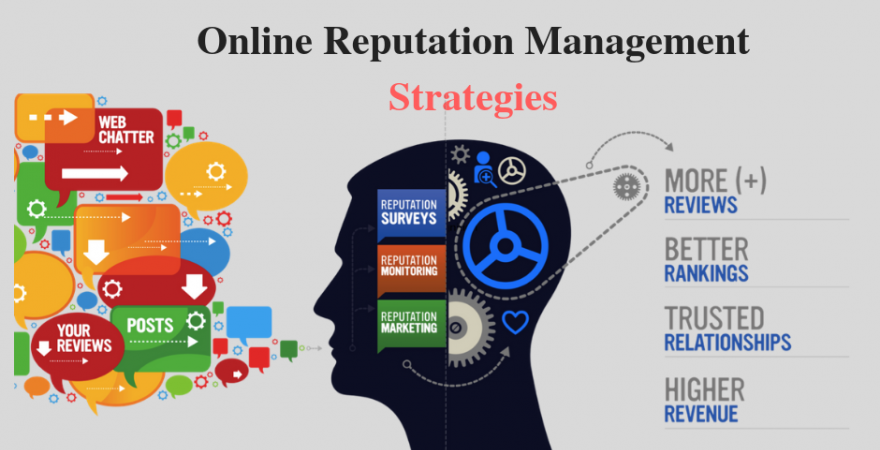
Enhances Customer Loyalty:
People stick to brands they trust. Managing your reputation helps foster emotional bonds.
Increases Referral Potential:
Happy customers become brand advocates.
Improves Conversion Rates:
A positive online presence makes decision-making easier for potential buyers.
Competitive Advantage:
A good reputation often tips the scale when a customer chooses between you and a competitor.
8. Case Studies: Brands That Boosted Awareness Through ORM
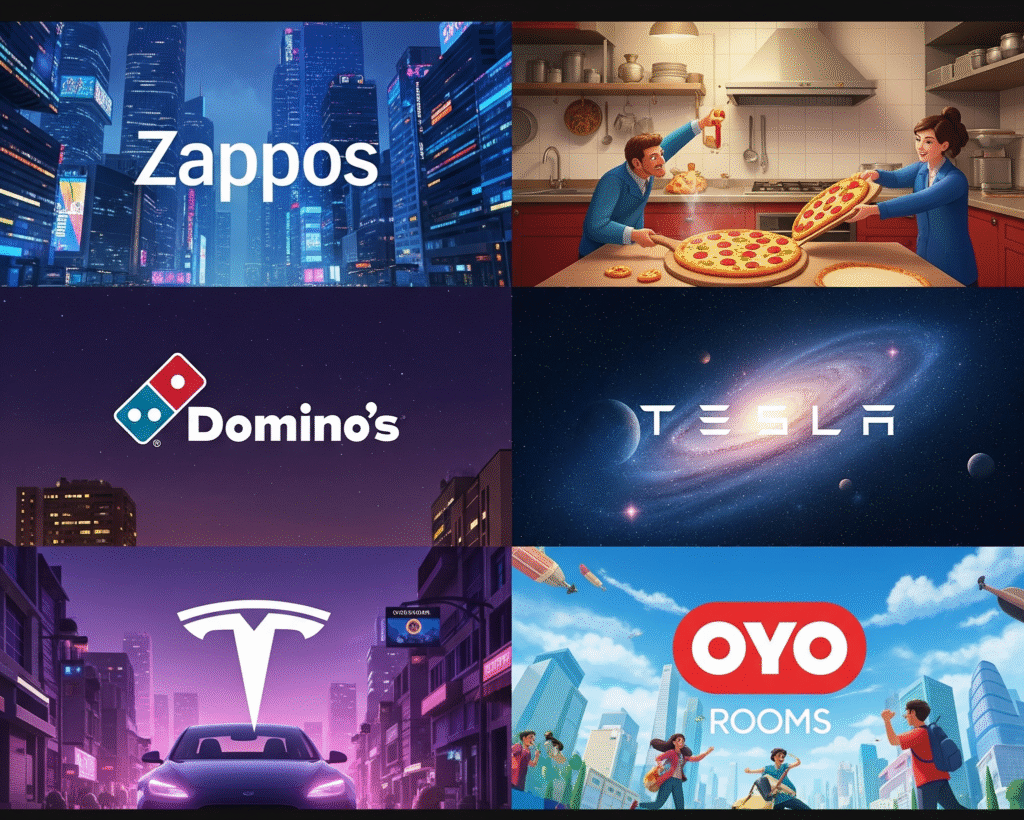
Zappos:
Known for excellent customer service and quick resolution of complaints.
Domino’s Pizza:
Turned around their brand image with an open campaign about improving product quality.
Tesla:
Despite controversies, Elon Musk’s active social media engagement often controls the narrative.
OYO Rooms:
Actively manages hotel reviews, responds to negative feedback, and boosts positive experiences.
9. ORM Strategies for Local Businesses
Local businesses must:
1. Focus on Google Business Profile reviews
2. Engage in community groups and local forums
3. Partner with local influencers and micro-bloggers
4. Optimize for “near me” searches
10. The Future of ORM and Brand Awareness
AI-Powered Sentiment Analysis:
Real-time sentiment analysis will guide decision-making.
Voice Search Optimization:
ORM strategies will adapt to voice and conversational interfaces.
Blockchain for Review Authenticity:
Blockchain may help authenticate real reviews and prevent manipulation.
Integration with AR/VR Experiences:
Brands will build trust through immersive digital experiences.
ORM Is a Brand Awareness Superpower
Online Reputation Management is not just about damage control. It’s a powerful engine to build, sustain, and amplify brand awareness. In 2025 and beyond, trust will be your greatest currency. ORM gives you the tools to earn it, safeguard it, and convert it into business growth.
Don’t just sell be trusted. That’s how great brands are built.


